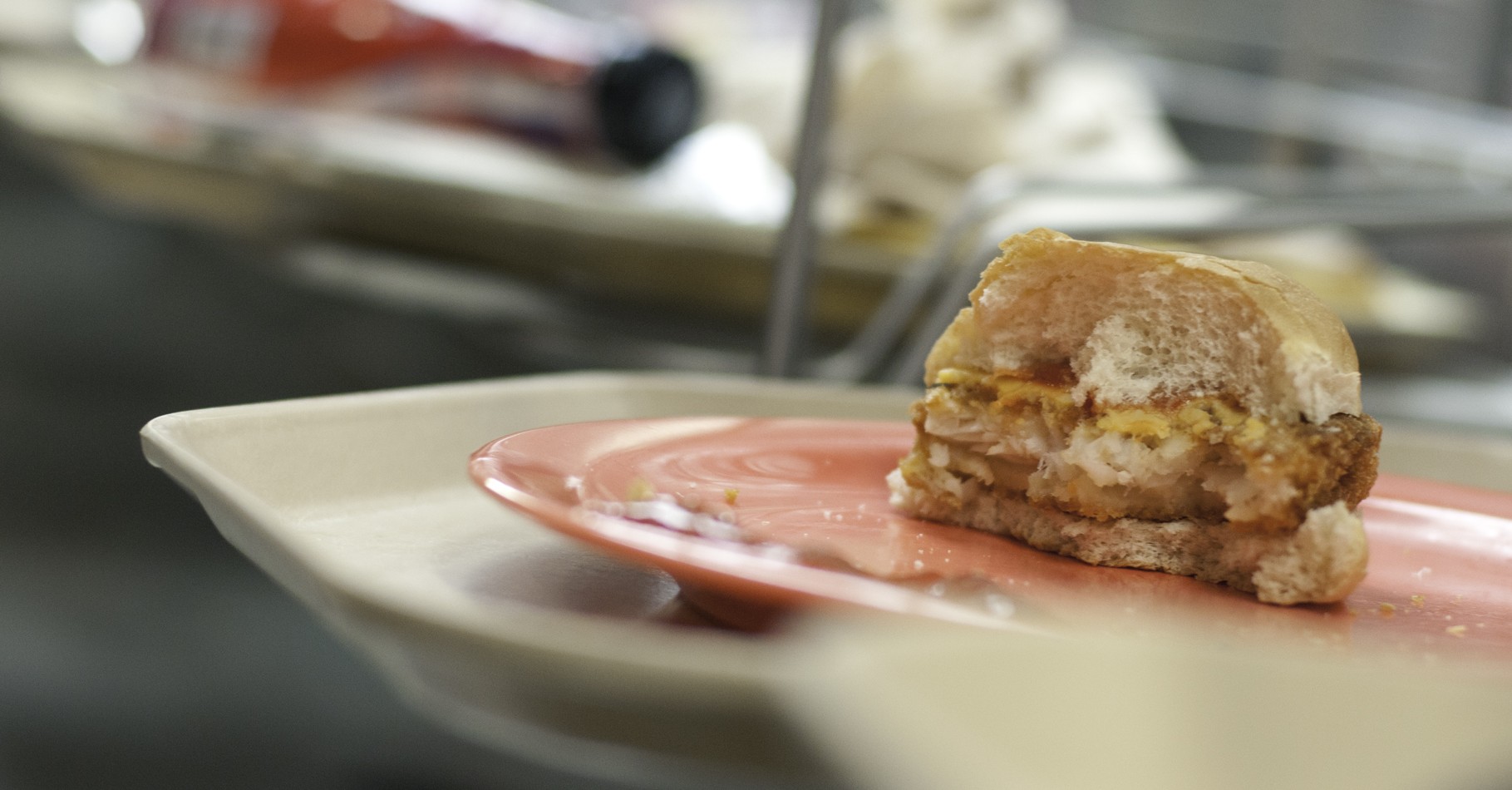Plans to create compost site and greenhouse with funds
Gustavus recently received a large sum of money from a generous donor intended to be used for green purposes. This donation will be used by the environmental studies department to create a compost system and greenhouse for Gustavus’ use.
Generally, Gustavus does well when it comes to green issues. The college has Gustieware, offers local and organic food in the Marketplace and even has biodegradable forks and spoons made out of corn. Although we pride ourselves in having fairly sustainable eating habits, there is still one aspect of our cafeteria that could be improved.
According to Environmental Studies Professor Jeff Jeremiason, a site to compost food waste has been something that the department has been pursuing for some time. Dining Services staff and environmentalists alike agree that disposing of our food waste in the form of compost would be extremely cost effective and environmentally beneficial.
When faced with the decision of how to spend the grant money, the environmental studies faculty committee unanimously voted to construct a greenhouse, a composter and allocated the rest for student research.
Currently, all of Gustavus’ food waste is mixed into a kind of “slurry” that the school pays to have transported off campus, where it is disposed of. When Senior Environmental Studies Majors Michelle Palm, Dan Enright and Niels Anderson were made aware of this and presented with the necessary funding for a composter they decided to seize the opportunity.
According to Enright, the trio hopes to build a composter similar to St. Olaf’s. This would mean that it would be completely enclosed in a shelter and process all of the food waste from both Big Hill Farm and the Marketplace. Because it would take about two weeks to get a new batch of compost, our school would have a steady supply to use at Big Hill Farm, around campus and even to potentially sell to local farmers. In terms of labor, Dan anticipates needing someone to transport the waste once per day, and also receiving help from Physical Plant, environmental studies majors and Big Hill Farm interns.
In addition to the excitement surrounding the composter, is the anticipation of a greenhouse at Big Hill Farm.
“The goal of the greenhouse is to extend the growing season at Big Hill Farm in order produce more vegetables for the Marketplace,” Jeremiason said.
“I really look forward to these developments incorporating more student participation into the ongoing green initiatives here at Gustavus. There’s so much room for involvement already that I can’t imagine all the new opportunities that await our campus,” Sophomore Chemistry Major and Big Hill Intern Greg Weissner said.
Although the project is still in its initial planning stages, students and faculty alike are already excited about the possibilities of having an increasingly sustainable campus.
